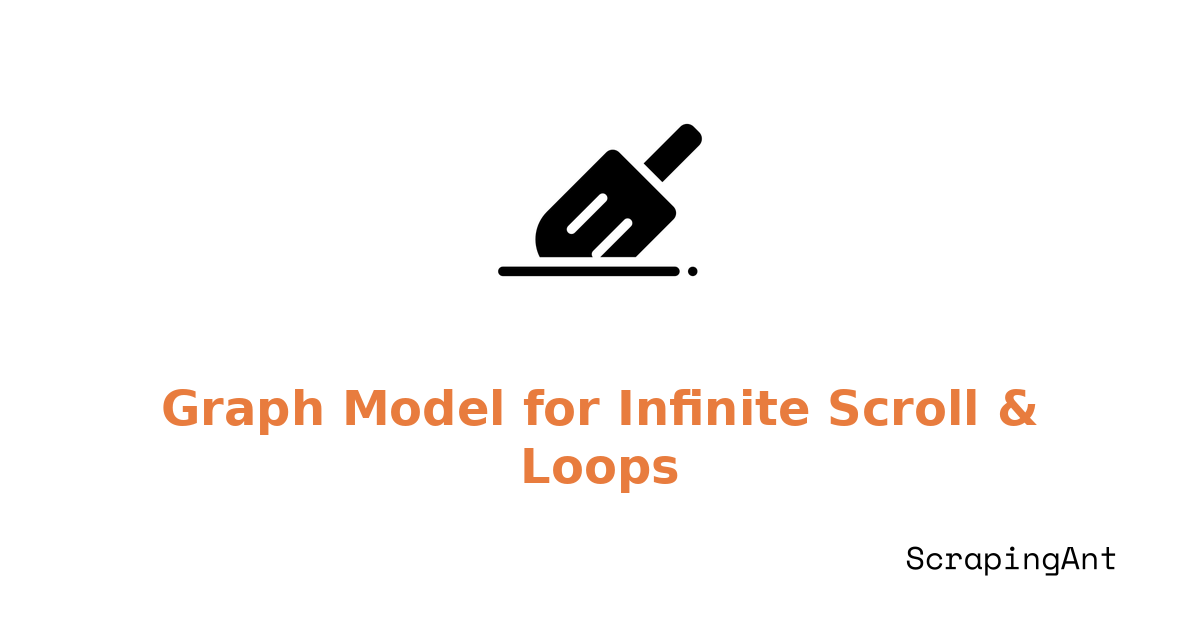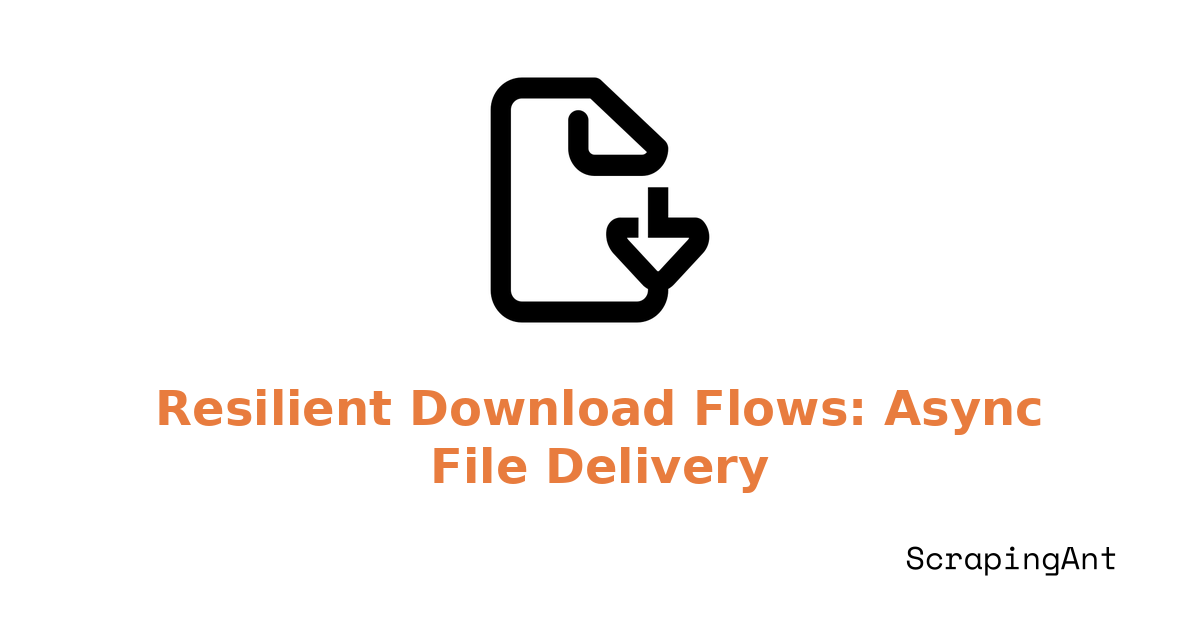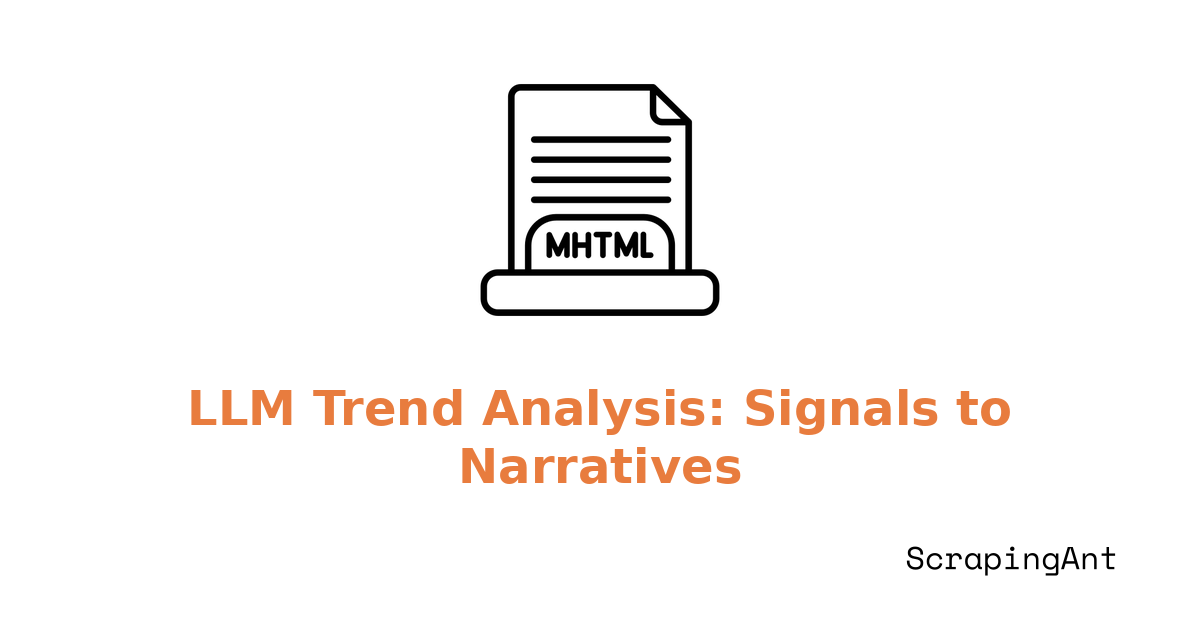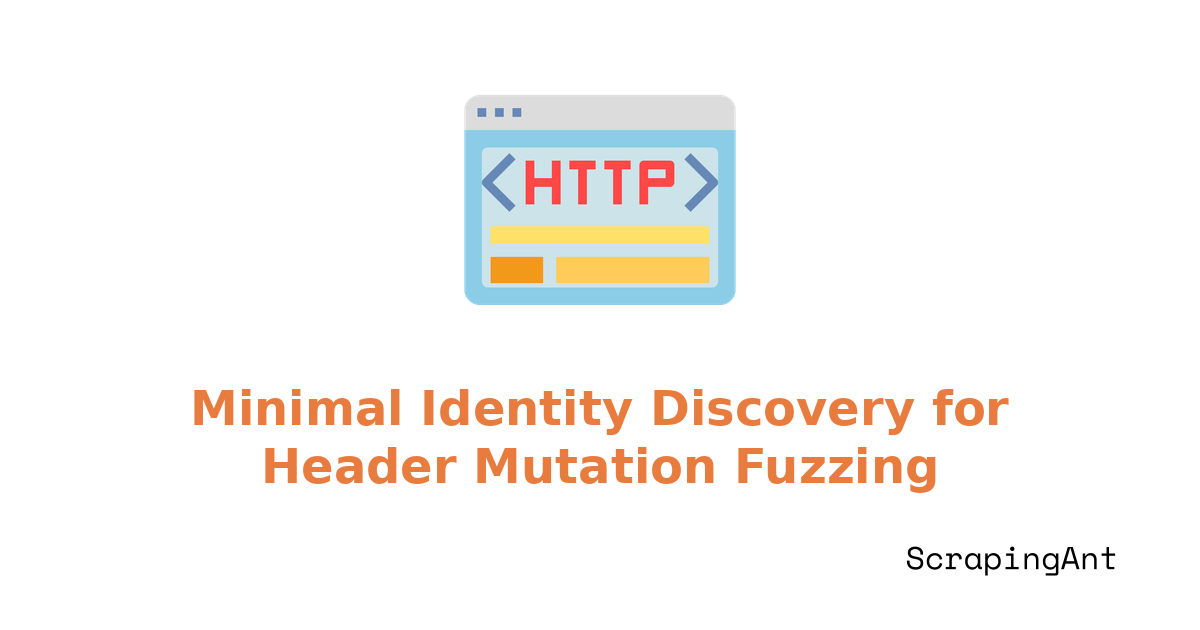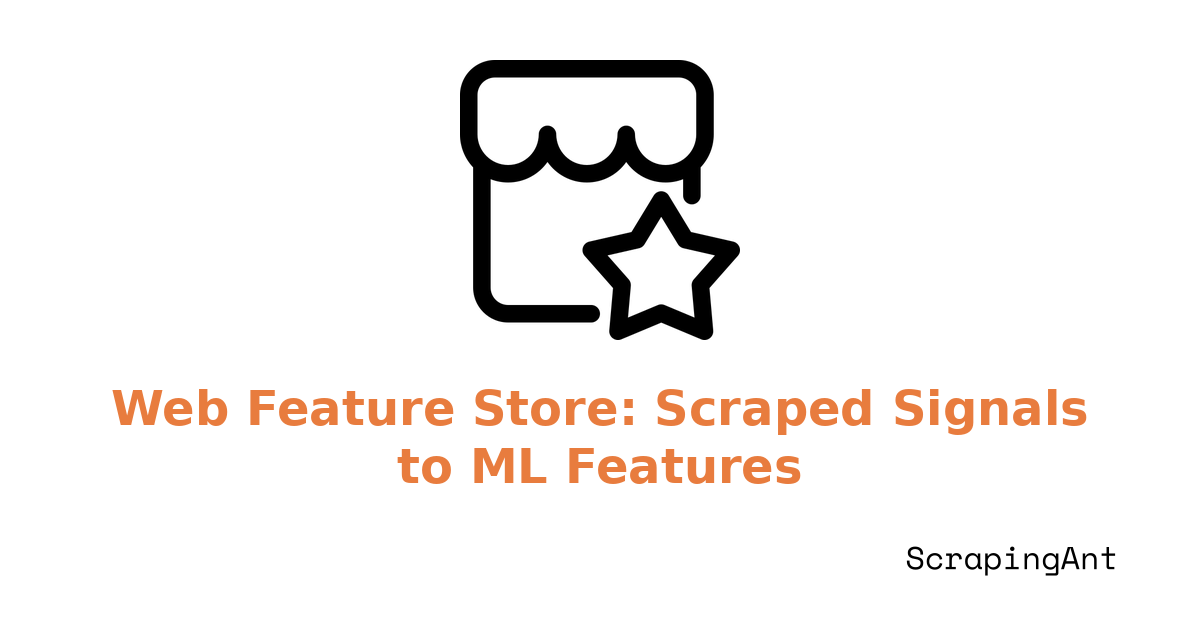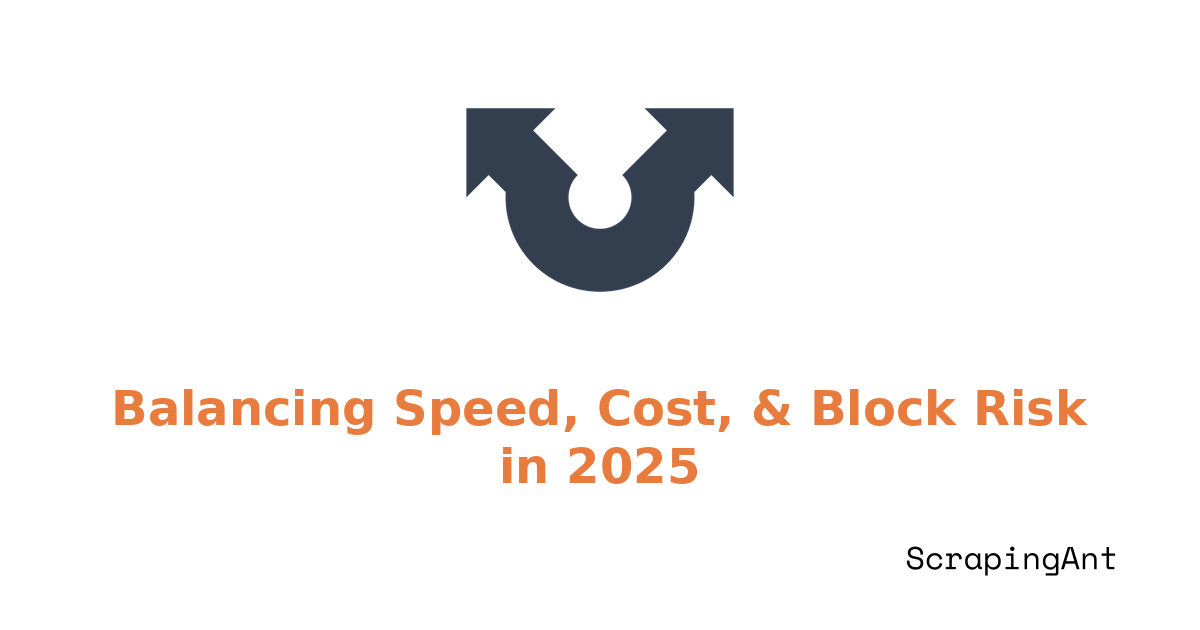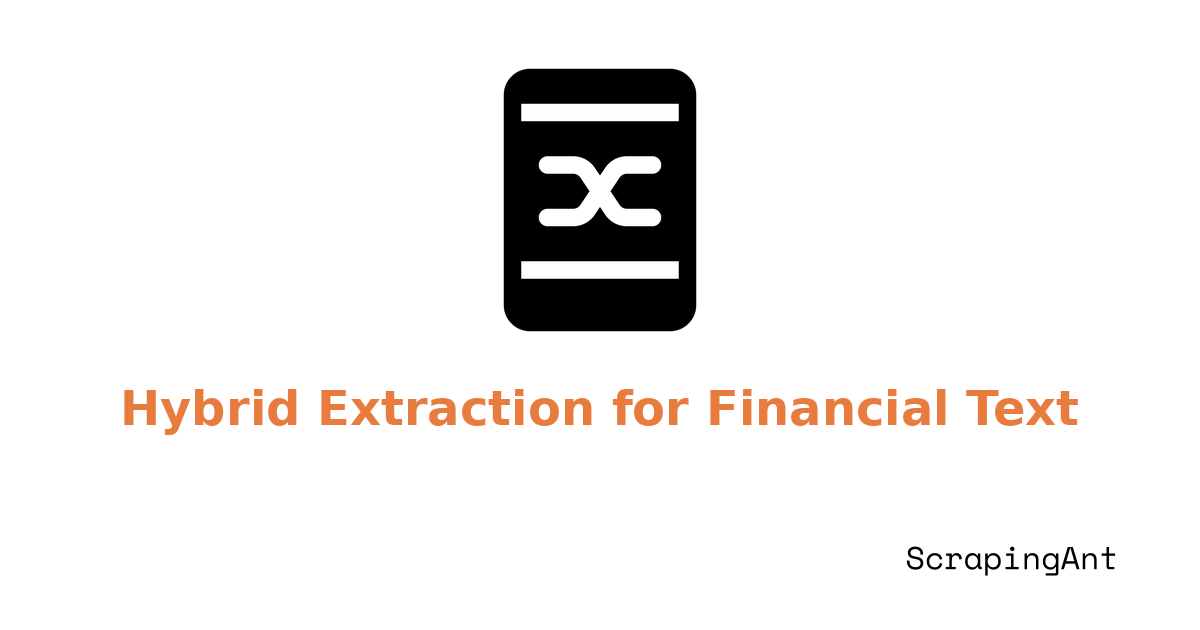![]()
Search engine optimization (SEO) is undergoing a structural shift from keyword-centric tactics to entity- and intent-centric strategies shaped by advances in knowledge graphs and machine learning. Rank tracking is no longer just about positions for a set of keywords; it now requires understanding how search engine result pages (SERPs), entities, and real‑time news or events interact in a dynamic ecosystem.
